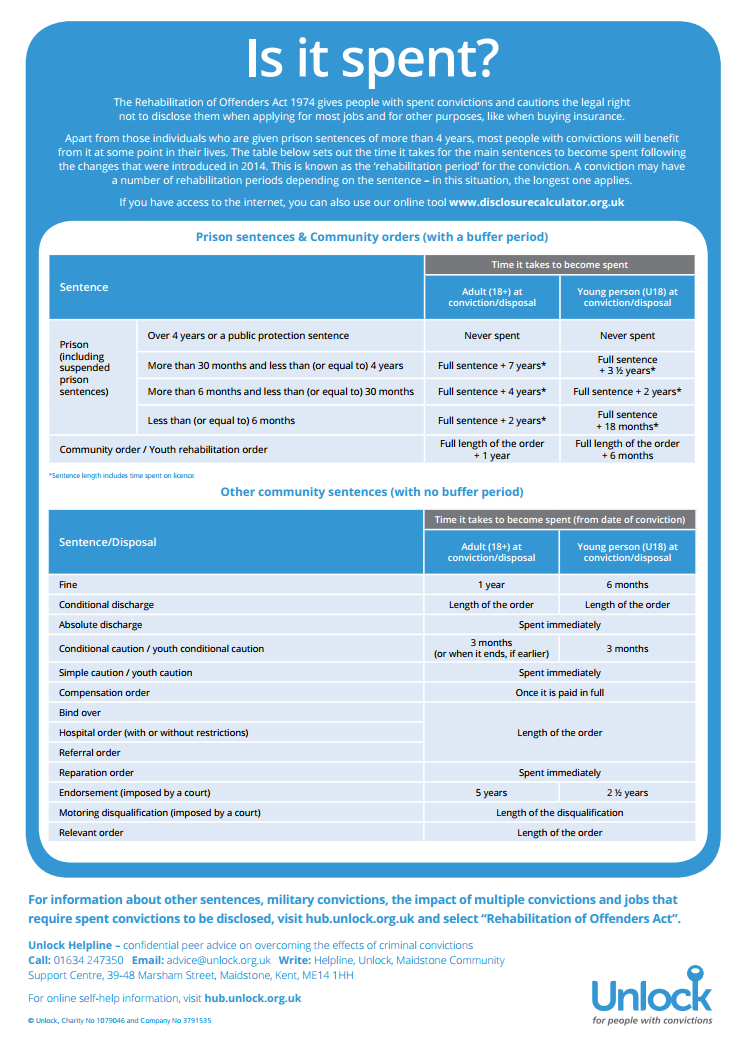Qualification
If you are eligible to join Newcastle Homes, we will then consider whether you qualify to join Newcastle Homes.
You will not qualify to join Newcastle Homes if you:
- Have sufficient resources to purchase your own accommodation in the private sector.
- Are guilty of unacceptable behaviour.
Financial circumstances
There may be circumstances where your income or assets are such that you are able to meet your own housing needs in the private sector. In which case, you will not qualify for social housing. If you have an annual income of over £50,000 or assets worth £100,000 or over, you will not qualify for housing. This may be waived in exceptional circumstances.
If we decide you are not eligible or do not qualify for the scheme, the officer or manager who made the decision will write to you and tell you the reasons why, what information they have considered and what you can do to become eligible or qualify. You have the right for this decision to be reviewed. You can also request us, at a later stage, to review such a decision should you be able to provide evidence that the reasons for your ineligibility or disqualification have been changed or addressed.
Unacceptable Behaviour
This means any person who the council decides should not qualify for the scheme, because they, or a member of their household, have been guilty of behaviour serious enough to make them unsuitable to be a tenant.
The council, its partner landlords, and people who live in Newcastle have a right to expect certain standards of behaviour. Therefore, before we accept you onto the scheme and/or make a firm offer of a property, we may seek references to help us decide whether you qualify for the scheme. These will usually be from previous landlords.
Newcastle City Council has decided that the test of unacceptable behaviour is behaviour which would, if the person was either a council tenant or a member of a council tenant’s household, entitle the landlord to take possession proceedings under certain grounds contained in the Housing Act 1985.
Some examples of the type of behaviour that could result in you not qualifying for the scheme could be:
- Previous/current rent arrears, other housing related debt, or other breaches of tenancy.
- Previous/current property damage,
- Serious anti-social behaviour. For example, nuisance or annoyance to neighbours, discriminatory behaviour or harassment, violence, and intimidation.
- A conviction for using or allowing a property to be used for illegal or immoral purposes, including offences involving illegal drugs.
- Domestic violence or abuse including harassment, threatening behaviour, and controlling or coercive behaviour.
- A conviction for an offence in the property or in the area of the property.
- Making a false statement in order to obtain accommodation dishonestly or fraudulently.
- Failing to provide relevant information that has been reasonably requested to verify an application for housing.
Your individual circumstances will be fully considered when deciding if you should be disqualified from the scheme.
The test is whether you or a member of your household were guilty of behaviour serious enough to make you unsuitable to be a tenant of the council (whoever your landlord was at the time).
Spent Convictions
When you apply you will need to let us know if you have any unspent convictions. You do not need to tell us about convictions that are considered to be spent.
Under the Rehabilitation of Offenders Act 1974 (ROA), eligible convictions or cautions become ‘spent’ after a specified period of time, known as the ‘rehabilitation period’.
The rehabilitation periods depend on:
- the sentence given or disposal administered as a result of a conviction
- the age of the individual on the date they are convicted
The picture below may tell you if your convictions are spent. You can also check this at Unlock.org.uk

